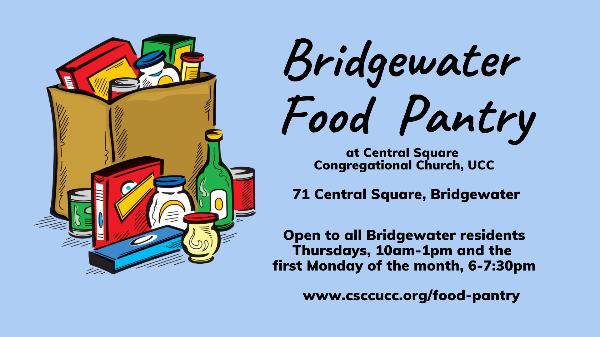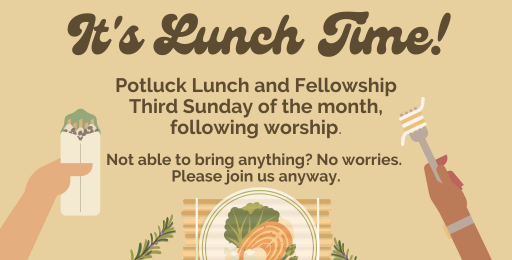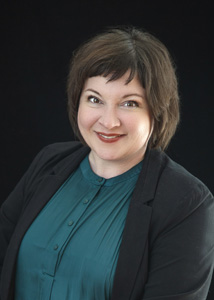“Good Soil” by Jeff Chu is about his journey to love and belonging via working as a farm hand at seminary — from experiencing a deep sense of exclusion in grade school from bullies who shamed him for his Chinese-American features to the subtle shaming he felt as a gay man from his family. “Every Sunday morning during Pride, we’d drive past queer folks on their way to the festivities. That night, she’d (his grandmother) include the ‘tung sing yan,’ literally ‘same-gender people’ – in her prayers. She’d urge God to free them from their bondage (to demons) and to turn toward repentance. I can’t imagine that she knew she was praying for me; at the time I was pretending even to myself that I was straight.” (page 12, Good Soil)
Contrasting this with David’s comments in Psalm 139:13-18, I am uncomfortable with the shame Chu struggled with: “For you created my inmost being; you knit me together in my mother’s womb. I praise you because I am fearfully and wonderfully made; your works are wonderful, I know that full well. My frame was not hidden from you when I was made in the secret place, when I was woven together in the depths of the earth. Your eyes saw my unformed body; all the days ordained for me were written in your book before one of them came to be. How precious to me are your thoughts, God! How vast is the sum of them! Were I to count them, they would outnumber the grains of sand – when I awake I am still with you.” (NIV)
Chu is a proud, gay man who lives his truth. He has a loving relationship with his husband Tristan, he wrestles with important considerations of faith and those he loves, and takes pains to be honest with himself, his friends, and family.
Yet…Chu also acknowledges there are complicating factors involved in navigating important relationships. Chu could have chosen to shut out those who don’t accept who he is. He could have decided to choose his family even if that excluded blood relatives who didn’t want to acknowledge he is loved by God. However, he chooses to love them with grace through his discomfort.
A good example of the grace and love Chu chooses is on the day he graduates from Princeton. While his parents expressed pride and admiration for Chu’s accomplishment, they refused to include his husband. They insisted on sharing a meal without Tristan. In a gracious way, Tristan holds Chu while Chu expresses his anguish through tears. Tristan understands how difficult the situation is, gently encouraging Chu to join his family. He assures Chu they can celebrate together later. Chu meets with his parents for lunch.
The book sparked some debate between my husband Steve and I. On one hand my husband argued that Chu’s parents were wrong for excluding Tristan. Tristan is Chu’s chosen family. Loving their son means they should love all of him, including the person he married. Forcing Chu to celebrate with them separately, my husband argued, made the celebration about themselves and their values, not about Chu and his accomplishments. Steve felt Chu caved in to his parents’ demands and may have hurt his spouse. Over time, Steve argued that could irreparably harm the marriage between them.
While I don’t disagree with Steve, I feel there might be more nuance to what Chu was trying to do. Chu recognizes the importance of sitting in discomfort. Trying to negotiate between his family’s traditional values that focus on the good of all and not on individual/independent choices is not a simple task. Holding on to what he loves in both his blood-related family and his family with Tristan is a strain. His heart grieves, unsure what to do. He seeks to follow his heart and do as God would have him do.
Christ sacrificed himself for ALL OF US. He sacrificed his life, making choices to love us in spite of the pain he endured because of us. Many do things that are contrary to what God would ask, yet God loves us anyway. Chu’s parents should love and accept Chu and Tristan as they are. That is the loving thing to do. But I think Chu is also trying to honor the fact that God would have Chu love his parents no matter what as well, in whatever place in their journey they are. That means loving and accepting them even though they are rigid in their understanding of Christianity.
Chu experiences tension in his family relationships, his relationship to the farminary where he works the soil and grows things, his friendships and even his own ego. His choice to respond in humility to his friend Pearl who has told him he has made the farminary an unsafe space for her, and his ability to sit with his pain at the loss of an old friend can be important teaching tools for those who are open to learning.
Chu’s teachers said the students were expected to love one another. Being an introvert by nature, Chu wasn’t sure what that meant at first, but expressing that love culminated in his thesis, a meal full of love, culture, and flavor. With nods to his traditional Chinese roots and space for new approaches to entrees, Chu shows his love for his classmates, taking care to supply food he knows they will love.































